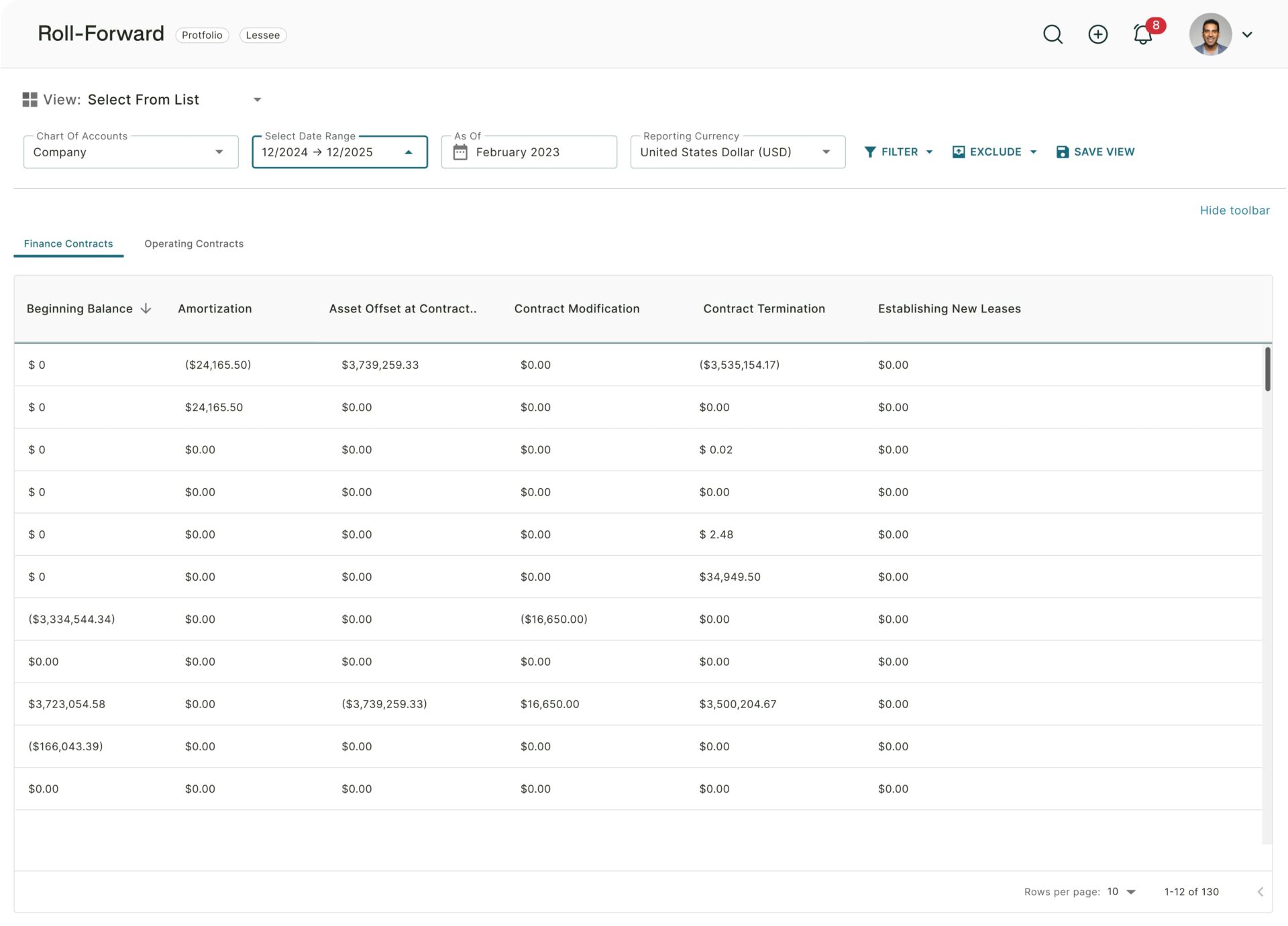The globalization of the business world has made many things a lot easier. Raw materials can be sourced on one continent, fashioned into goods on another, and sold on to consumers in a third.
For accounting teams however, this interconnected, globalized world can be a minefield. With companies having to file multiple sets of financial statements in different jurisdictions and according to different accounting frameworks – or even consolidating global accounting results to be compliant within the corporate country of residence – accounting teams have been handed a constant challenge.
The challenge of international accounting
Let’s say a company sets up a subsidiary overseas. That local company has to comply with local accounting rules and regulations, and these results then need to be rolled up and consolidated into the parent company. Add issues like transfer pricing, taxes, and exchange rate fluctuations, and you can quickly see a perfect storm building up.
From an accounting perspective, there is also the additional complication of differing accounting standards being applied. For example, the U.S company will make use of the Financial Accounting Standards Board’s (FASB) US GAAP, while the international subsidiary is likely to make use of the International Accounting Standards Board’s (IASB) IFRS.
A world of multiple standards
One area where large differences can exist is inventory; U.S GAAP allows Last-in-first-out (LIFO) and an inventory recording method, while IFRS prohibits this method, allowing only First-in-first-out (FIFO), weighted average cost, and specific identification. Similarly, there are significant differences in terms of how comparative financial information is required to be presented.
Even when it comes to accounting standards that might seem similar, caution must be taken. Take leases for example: the FASB – which sets accounting rules in the U.S. – and the IASB, which sets accounting rules for most other countries in the world, started a process together in which they attempted to standardize and streamline lease accounting.
There was a general consensus that the rules around lease accounting were too loose, and were being taken advantage of by certain corporations.
This process resulted in two very similar standards, IFRS 16 and ASC 842, albeit with some key differences.
Here’s the rub: if even the most up-to-date standards, which were designed to be relatively similar, still have key differences – then how are accounting teams expected to ensure full compliance across different countries and accounting frameworks?
There is a solution
There is an answer. Just as technology has made this globalized financial system possible, so too it is technology that enables companies to ensure compliance across multiple jurisdictions.
Accounting software has been in use for some time, and most companies would not be able to continue without it.
As the business world becomes more complex however, and accounting standards change to reflect this reality, companies have been turning to specialized accounting software solutions that leverage the latest technology, to ensure they’re keeping up.
Cut through the complexity of international accounting
As a leader in this space, Trullion offers AI-enhanced automated lease accounting software that empowers companies to be compliant with the likes of ASC 842 and IFRS 16.
Accounting teams can upload contracts and lease agreements, and the technology goes to work: “reading” PDF or Excel-based contracts and translating them into financial workflows, connected to the data source.
Teams can generate 1-click, audit-ready journal entries, and disclosures that are compliant with the latest standard updates.
All this means increased accuracy, fewer errors, better compliance, significant ROI, and a lot less stress and resource drain for accounting departments.
For companies with international operations, software such as Trullion is the answer to cutting through the complexity and ensuring constant compliance.
To find out more about how Trullion can help your business, get in touch with the team.





